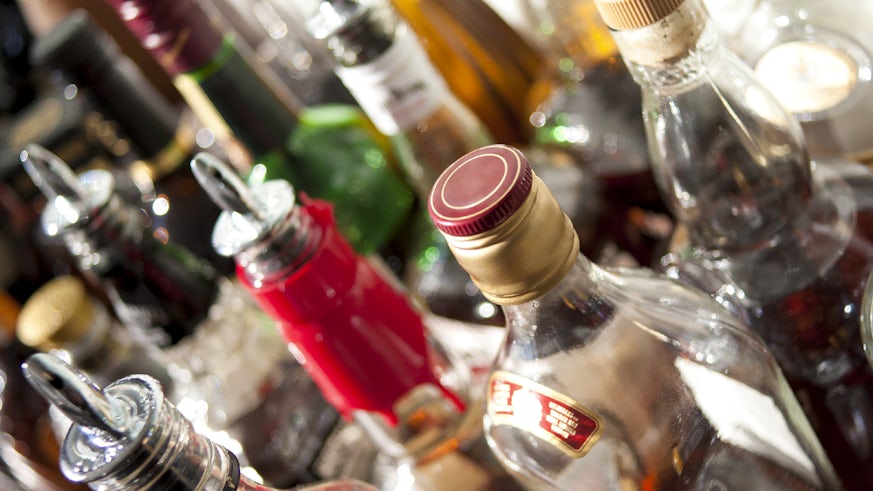Data reveals city centre premises that could be breaking the law
25 March 2015

New data reveals that most people who receive treatment for severe alcohol intoxication in Cardiff's city centre consumed their last drink in just a handful of named venues or at home.
The data, compiled by University scientists, was obtained from Cardiff's Alcohol Treatment Centre (ATC*) who between April 2014 and January 2015 treated 787 night-time revellers for excessive drunkenness.
Throughout the eight-month period, testimony received from patients - and their friends - receiving treatment named 152 of the city's alcohol licensed venues as having serving them their last drink. The data gathering began in 2013 with a view to providing new insights into potential breaches of license conditions; under the Licensing Act 2003 it is an offence to sell, or attempt to sell, alcohol to an intoxicated customer.
Having analysed the latest testimonies, researchers from the University's Violence Research Group were surprised to discover that intoxicated people had obtained their most recent alcoholic drink in just a handful of the city's licensed premises. In descending order, venues most frequently named were: Oceana/Pryzm (64 patients), Glam (47 patients), Walkabout (42 patients) and Tiger Tiger (28 patients).
Another surprise was that 68 patients had reportedly consumed their last drink at home, before setting out for the city centre – a practice known colloquially as 'pre-drinking' or 'prinking'. This number was even higher than the number of patients (51) who had consumed their last drink on the street.
Clinical scientist and director of the University's Violence Research Group, Professor Jonathan Shepherd, who developed the data-sharing model, commented on the findings: "Drunkenness is costing the city, the police, the NHS and tax payers a fortune. Better regulation of licensing is urgently needed. There are too many pubs and clubs in the city centre and cheap, widely available supermarket booze is encouraging far too many people to 'pre-drink' excessively at home, ruining a good night out before it's even started."
Director of Alcohol Concern Cymru, Andrew Misell, commented: "These new figures seem to suggest that some premises in the city are still not heeding the Police and Crime Commissioner's advice not to serve alcohol to people who are already drunk. But they also show that the problem doesn't always start in the city centre.
"Supermarkets and other shops often sell alcohol far cheaper than any pub or club, and provide drinkers with an obvious incentive to fill up on booze before they've even got into town. Many of the major grocery stores are already advertising big discounts on alcohol for Easter, and until we see an end to these pretty shameless attempts to get us drinking more, we're not going to make much progress in promoting sensible drinking."
The ATC provides an innovative though expensive response to the heavy demands placed on health and police services by severe alcohol intoxication displayed by patrons of the night-time economy in Cardiff. The 'last drink' data is passed to South Wales Police and Cardiff County Council licensing department. This intelligence is helping inform the Police Licensing 'Traffic Light System', which is used to identify and intervene in problematic licensed premises.
As a member of the UK government's Alcohol Strategy Group, Professor Shepherd has shared this new intelligence source with the Home Office, providing the opportunity for it to be taken up by licensing authorities across England and Wales.
*The Alcohol Treatment Centre is a collaboration between Wales' Community Payback Team and Cardiff and Vale University Health Board.